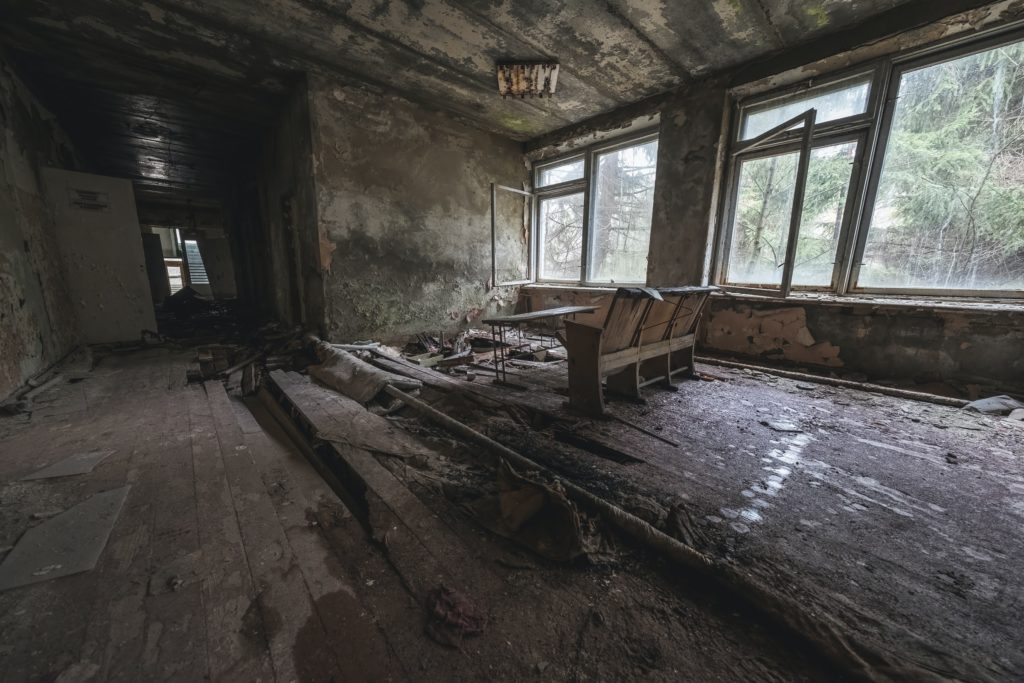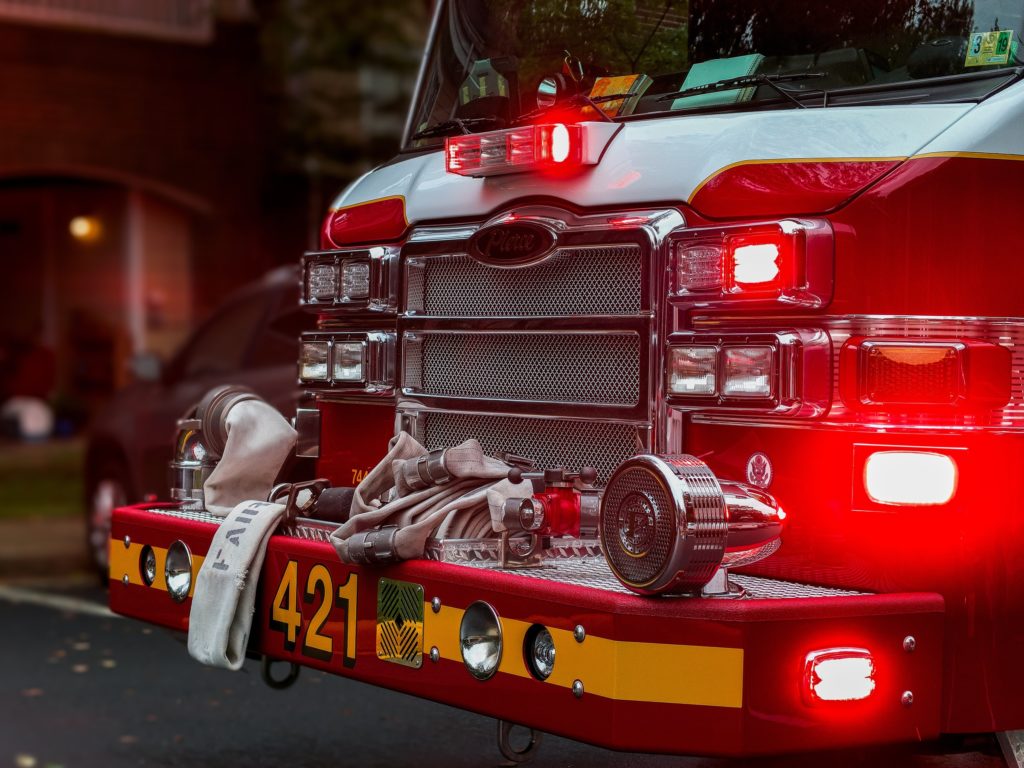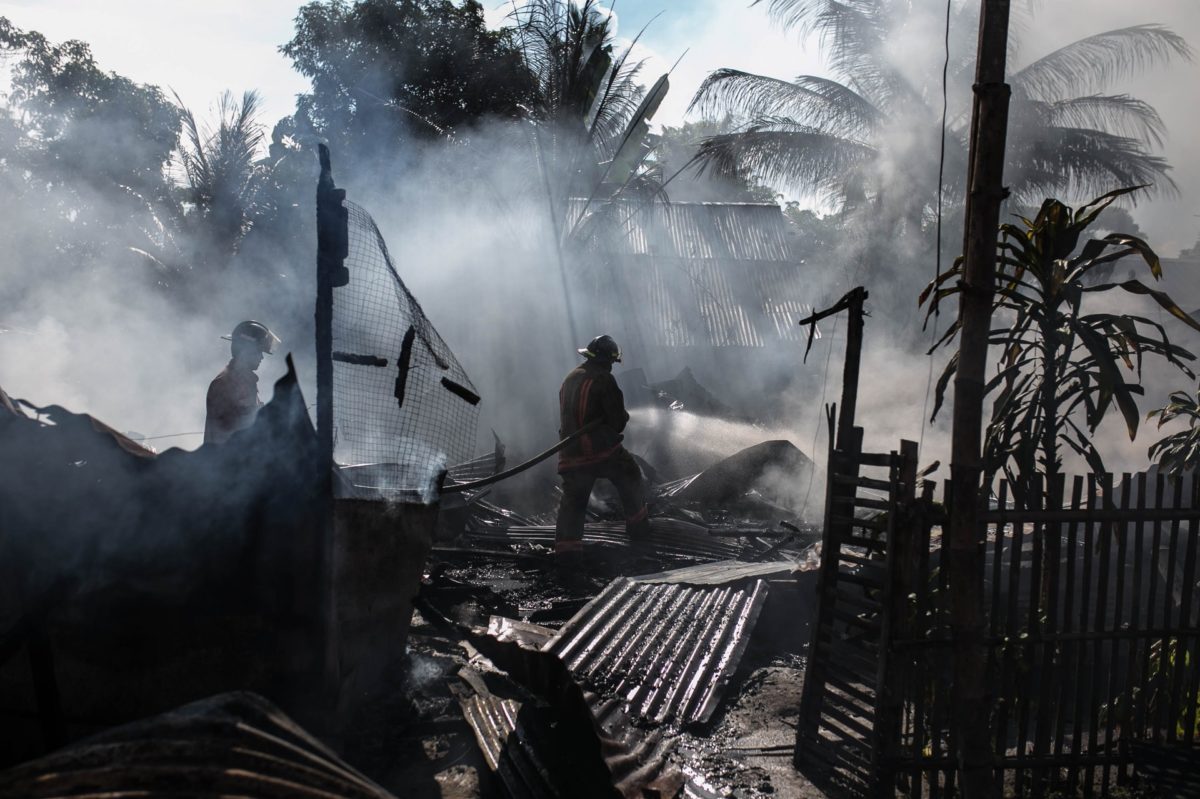It’s an uncertain world out there. From severe weather to fire, disaster could strike with little warning at any time. If the worst happens, will you be ready? Here are eight tips for preparing for an unexpected home disaster.
1. Talk with your agent about your home insurance policy. Make sure you have enough coverage to replace your belongings, repair your home, and get back on your feet if disaster strikes. If you must evacuate your home, you’ll also need coverage for lodging until you can return.

2. Tour your home. Make sure you know where everything important is and how it works. Do you know how to turn off the water supply if there’s a leak? Do you know how your electrical panel and circuit breakers work?
Write it all down or, even better, type it on your computer and print it in a large font, so it’s easy to read. Then, tape your instructions to the back of your utility room door or a kitchen cabinet. Make sure everyone in your family and the babysitter and pet sitter know where it is. Be sure to include the phone numbers of a plumber, electrical contractor and the utility company, too. If you rent, you’ll also need your landlord’s or management company’s contact information.
3. Make a list of everything of financial and sentimental value and take pictures of it all. Include its location, too. Not everyone will know where small things are or know what you mean by “the red chair.”
Your home insurance company will need this information when you file a claim.
4. Tour your home from the outside, too, and take a home inspector or contractor with you. There may be things you can do to minimize fire and flood damage.
5. Have an evacuation plan. There’s nothing wrong with having “fire drills” now and then to make sure everyone knows what to do. Be sure to include your pets in the drills. It would be a good idea to put one person in charge of the pets. Or assign one pet to each family member.
6. Put flashlights in several locations around the house so everyone can find their way out if the power goes off.

7. Assemble an emergency preparedness kit that includes food and water for several days, flashlights, a manual can opener, cash in small denominations, car chargers for your phones and your prescription medications and your pets’.
Also include deeds and leases, insurance policies, and medical information for you and your pets. For your pets and young children, descriptions of their personalities, quirks, and fears will help the people caring for them if you get separated. Include pictures of everyone in your kit, too. And add baby pictures, small collectibles you treasure, and other things you can’t replace.
Put it all in a durable plastic or metal tote with wheels and a handle so it will be easy to take with you if you have to leave.
8. House fires are almost always preventable. These tips will help keep you safe.
- You should have a smoke alarm in every bedroom and on every level of your house. Check it often, and replace the batteries every year.
- Be sure the stove and clothes dryer is turned off before you leave home.
- If you have young children or live with a forgetful adult, take the knobs off the stove when you’re not using it so no one turns it on accidentally.
- In a thunderstorm, if lightning strikes your home, don’t wait until you smell smoke or see flames. Call the fire department right away. Lightning can cause small fires inside the walls that could smolder for hours before you even notice them.














